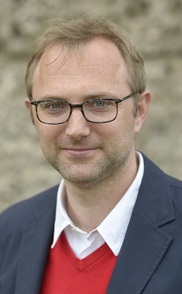14:15 - 15:45
Small Open Economy Model Dynamics with Deferred Payments
In countries of the eurozone periphery, payments are typically delayed by several weeks. In a first step, this characteristic is introduced into a new Keynesian small open economy model by the assumption that consumption goods are paid for with a delay of one quarter.
Wer
Wo
In countries of the eurozone periphery, payments are typically delayed by several weeks. In a first step, this characteristic is introduced into a new Keynesian small open economy model by the assumption that consumption goods are paid for with a delay of one quarter. This results in a working capital requirement for firms and a backward-looking Euler equation. This has two main implications: First, the Taylor principle must be violated to ensure uniqueness of the equilibrium. Second, optimal monetary policy requires flexible exchange rates and involves an extremely volatile real interest rate which might be undesirable for reasons outside the model. In a second step, the representative household’s decision when to pay her bill in endogenized. In this environment, the timing of payment becomes part of the savings decision and the Taylor principle is restored. However, the model predicts that in a recession, debt is shifted between firms and households and ultimately the government, depending on the respective risk premium faced by those actors. Under reasonable assumptions this can contribute to the explanation of the evolution and composition of external debt.
Ihr Kontakt

Wissenschaftlicher Mitarbeiter
Für Rückfragen stehe ich Ihnen gerne zur Verfügung.
+49 345 7753-865 Anfrage per E-Mail



